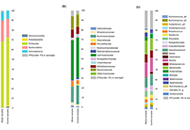18 results in Exploration of Medicine
Latest
Sort by :
- Latest
- Most Viewed
- Most Downloaded
- Most Cited
Open Access
Original Article
Figuring the characteristics of the Delta variant SARS-CoV-2 gene mutations in an Indonesian hospital: a descriptive study
Phey Liana ... Tungki Pratama Umar
Published: October 31, 2023 Explor Med. 2023;4:839–846
This article belongs to the special issue Emerging Infectious Diseases
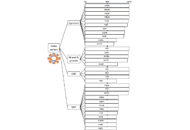
Open Access
Review
Roles of poly(ADP-ribose) polymerase 1 and mitophagy in progeroid syndromes as well as physiological ageing
Naoko Suga ... Satoru Matsuda
Published: October 31, 2023 Explor Med. 2023;4:822–838
This article belongs to the special issue Determinants of Exceptional Longevity
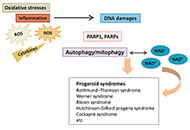
Open Access
Perspective
A U.S. Food and Drug Administration perspective on cannabis research and drug development
Cassandra L. Taylor, Schuyler A. Pruyn
Published: October 31, 2023 Explor Med. 2023;4:813–821
This article belongs to the special issue Beyond Weed: Clinical Applications of Cannabis and Cannabinoids
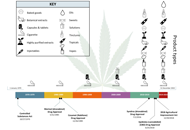
Open Access
Review
Recent advancements in skin cancer treatment: a critical review
Rajat Goyal ... Rohit Sharma
Published: October 31, 2023 Explor Med. 2023;4:782–812
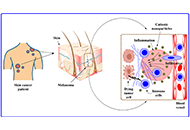
Open Access
Review
Contemporary review: recognition, management, and screening for radiation-induced heart disease
Chirag Mehta ... Jess Brar
Published: October 30, 2023 Explor Med. 2023;4:772–781
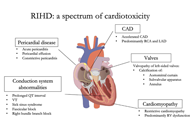
Open Access
Review
Determinants of human longevity: input of environment, nutrition, physical activity, eustress, heredity, health care, motivation, and mental state
Renad I. Zhdanov ... Alexey S. Sozinov
Published: October 30, 2023 Explor Med. 2023;4:755–771
This article belongs to the special issue Determinants of Exceptional Longevity
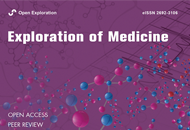
Open Access
Perspective
Antiseptic pyolytics and warming wet compresses improve the prospect of healing chronic wounds
Aleksandr Urakov ... Marina Zavarzina
Published: October 27, 2023 Explor Med. 2023;4:747–754
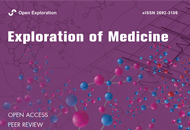
Open Access
Case Report
Cheiro-oral-pedal syndrome of the pons and the role of imaging in diagnosis and management
Zachary I. Merhavy ... Thomas C. Varkey
Published: October 27, 2023 Explor Med. 2023;4:739–746
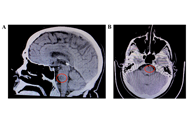
Open Access
Case Report
A successful case of maturogenesis by stepwise excavation using calcium-enriched mixture cement
Saeed Asgary, Laleh Alim Marvasti
Published: October 27, 2023 Explor Med. 2023;4:733–738
This article belongs to the special issue Biomaterials and Biomarkers in Dentistry: Up to Date
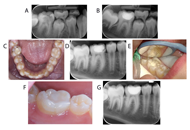
Open Access
Review
Association of oral bacteriome and oral squamous cell carcinoma
Karthika Panneerselvam ... Mathan Mohan
Published: October 27, 2023 Explor Med. 2023;4:720–732

Open Access
Original Article
A large-scale survey of cannabis use for sleep: preferred products and perceived effects in comparison to over-the-counter and prescription sleep aids
Amanda Stueber, Carrie Cuttler
Published: October 25, 2023 Explor Med. 2023;4:709–719
This article belongs to the special issue Beyond Weed: Clinical Applications of Cannabis and Cannabinoids
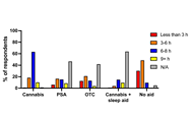
Open Access
Original Article
Modelling α-synuclein processing in primary patient cells for pharmacological intervention
Jessica K. Smith ... Alex M. Sykes
Published: October 25, 2023 Explor Med. 2023;4:695–708
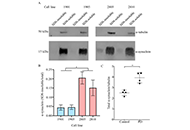
Open Access
Case Report
Cranial nerve VII on gadolinium contrast-enhanced magnetic resonance imaging in the case of Bell’s palsy
Alvaro Alvarez ... Avtar Singh
Published: October 23, 2023 Explor Med. 2023;4:688–694
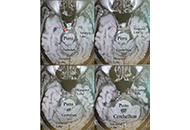
Open Access
Review
Self-replicating RNA viruses in vaccine development
Kenneth Lundstrom
Published: October 10, 2023 Explor Med. 2023;4:670–687
This article belongs to the special issue RNA World in Health and Disease
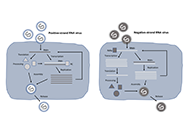
Open Access
Perspective
Diabetes and substance use: a perspective within drug rehabilitation
Abuelgasim Elrasheed A. Alhassan ... Simon Elliott
Published: October 08, 2023 Explor Med. 2023;4:664–669
This article belongs to the special issue The Biological Basis of Substance Use Disorders
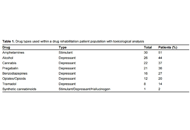
Open Access
Review
Mechanistic insights on anticancer drugs with specific biological targets and signalling pathways
Mohsina Patwekar ... Rohit Sharma
Published: September 15, 2023 Explor Med. 2023;4:637–663
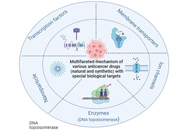
Open Access
Original Article
Body mass, blood pressure, and cognitive functioning among octogenarians and centenarians
Peter Martin ... Leonard W. Poon
Published: September 15, 2023 Explor Med. 2023;4:625–636
This article belongs to the special issue Determinants of Exceptional Longevity
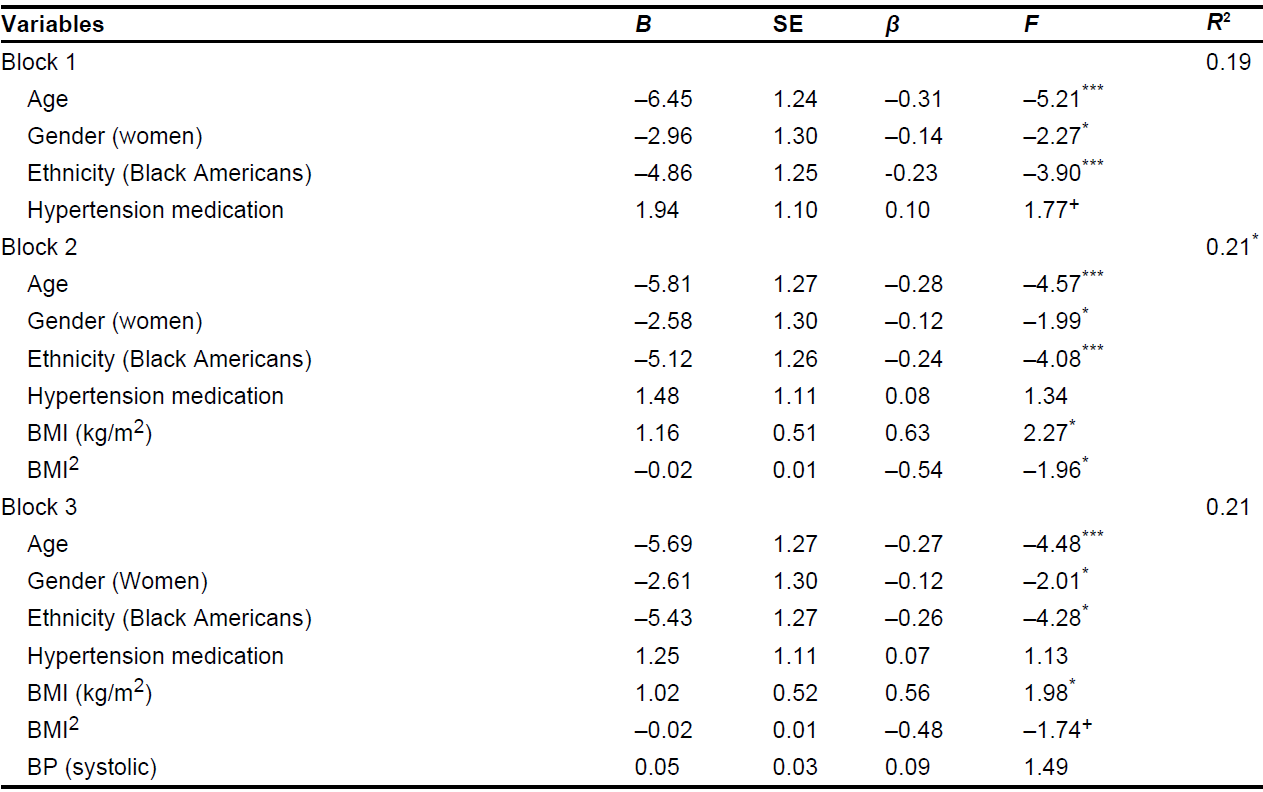
Open Access
Original Article
Comparison of eating habits and gut microbiota of preschool children with obesity
Shymaa M. Al-Jabri ... Awatif A. Al-Judaibi
Published: September 04, 2023 Explor Med. 2023;4:612–624
This article belongs to the special issue The Role of Gut Microbiota and its Metabolites in Gastrointestinal Diseases
